
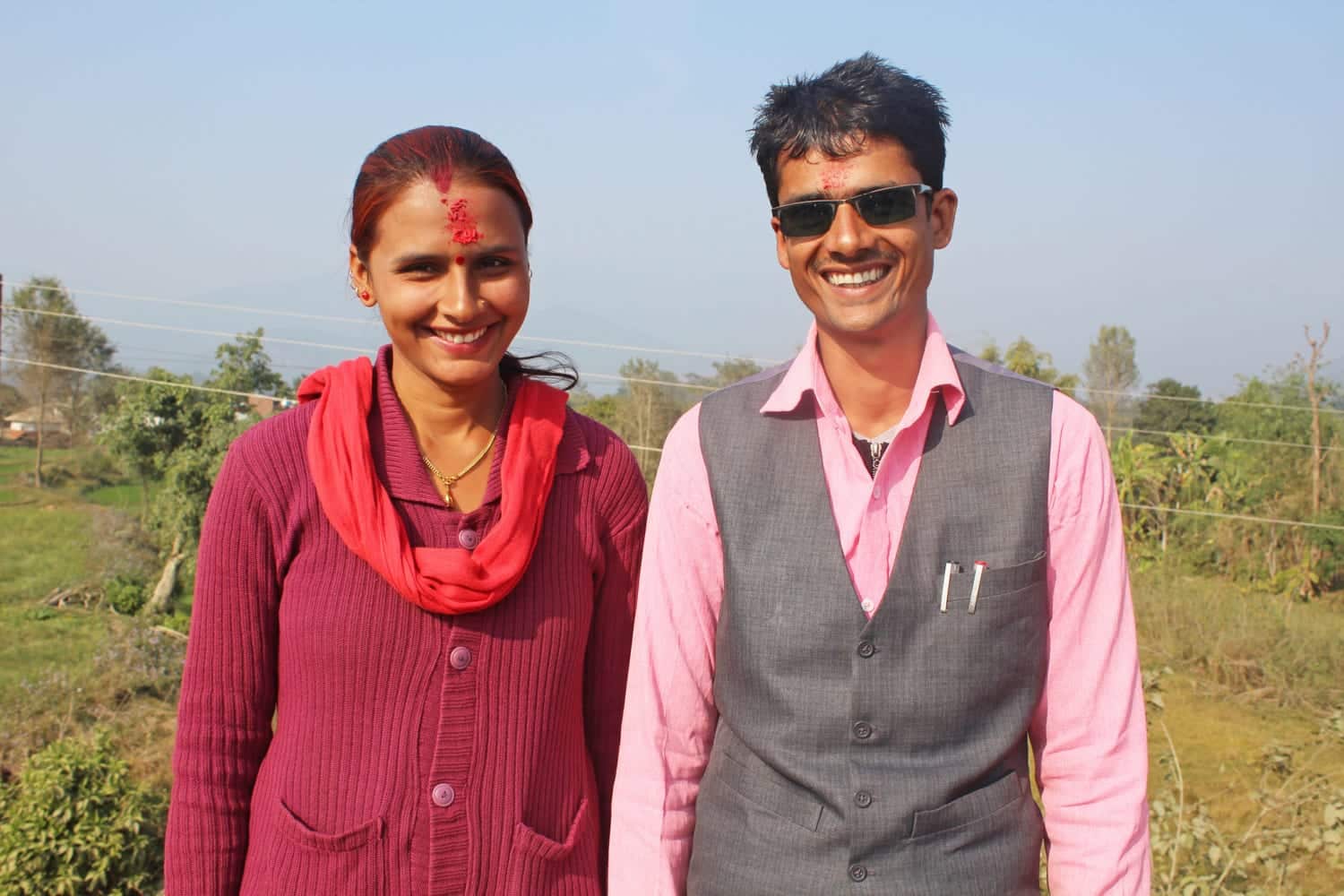
The B.I.G Change: Change Starts at Home
EAI designed Change Starts at Home in Nepal to test our social behavior change and norms methodologies with rigorous academic research and impact assessments to generate evidence on what works to prevent violence against women & girls. 2015 - Present
A philanthropic foundation; Emory University; University of California San Diego; Vijaya Development Resource Center
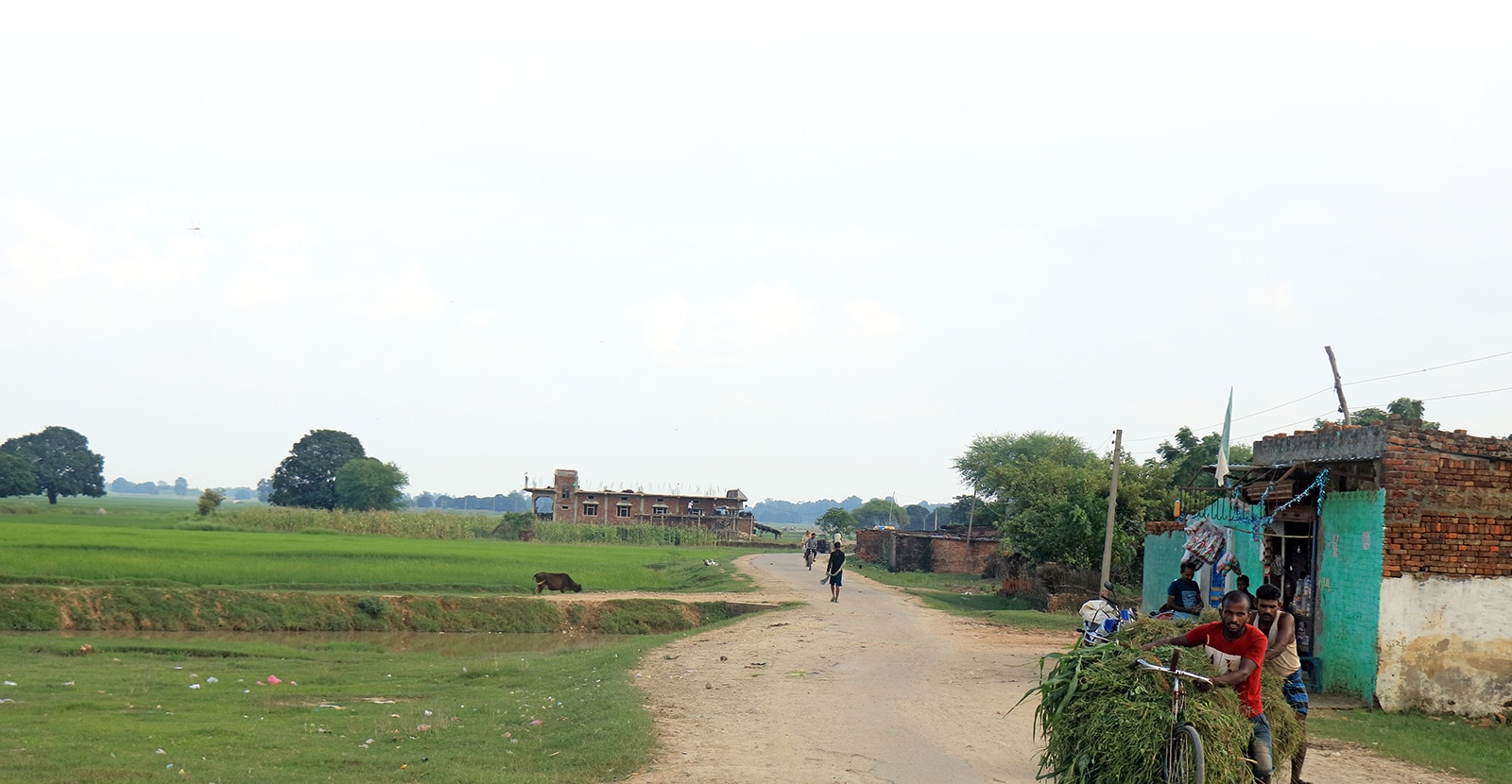
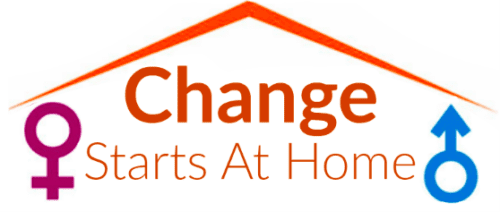
Project Mission — Working with couples to prevent intimate partner violence in Nepal.
The program had a very influential impact in our life. Earlier he did not talk to me about any of his plans… Now we talk to each other about most of the things we do. Even our sexual relationship only happens after mutual content.”
– Bikani, Change Start at Home participant
In Nepal, 31.5% of women report emotional, physical, or sexual violence by an intimate partner in their lifetime. Despite evidence to suggest that patriarchal social norms underpin intimate partner violence (IPV), very few interventions in Nepal have tested whether changing social norms to promote gender equity reduces levels of IPV.
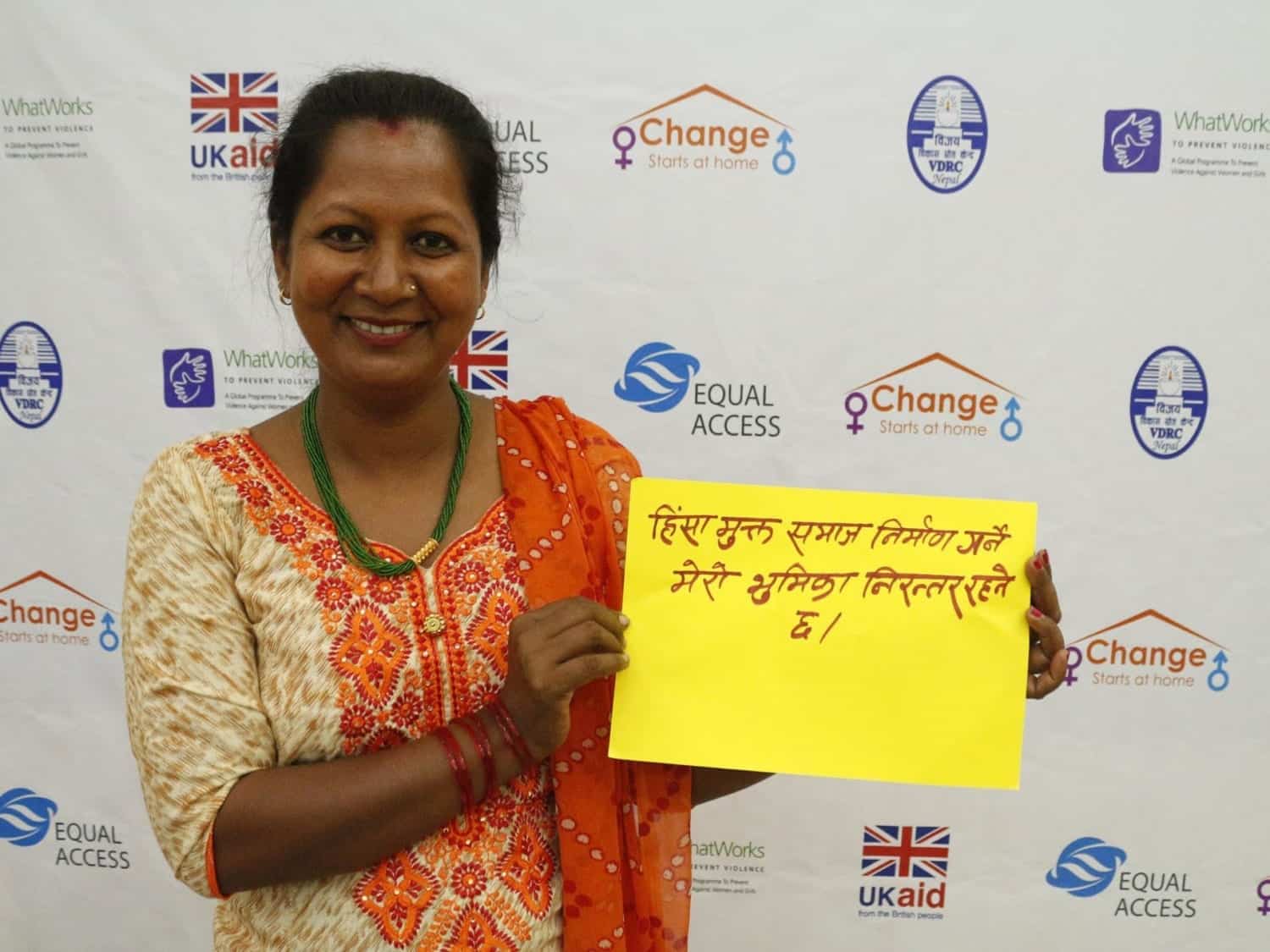
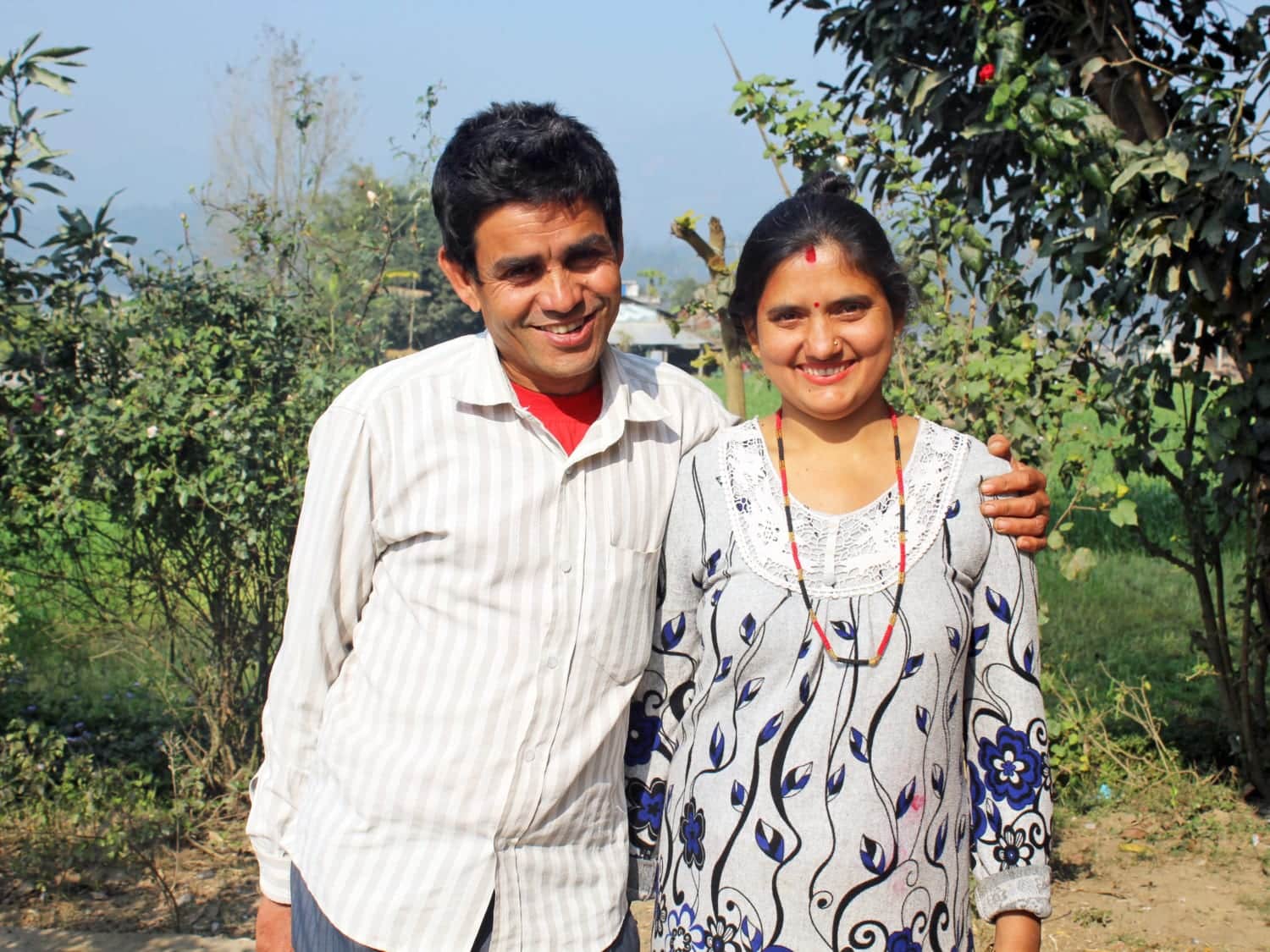
PROJECT ACTIVITIES:
For this iteration of the project, 200 married couples participated in the 15-month intervention across the Nawalpur district, which included a comprehensive violence prevention curriculum – the B.I.G Change Curriculum – weekly interactive Listening and Discussion Group meetings, community outreach activities and an innovative 39 episode radio drama series call Mutual Understanding (Samajdhari), an additional 12-session diffusion curriculum and social media campaigns. Combined, these components address social norms, attitudes, and behaviors that perpetuate violence against women and girls.
Change Starts at Home (Change) is a continuation of the ground-breaking work implemented in our UNTF funded, multi-award-winning Voices program. Its previous phase was also part of the UK’s Foreign, Commonwealth & Development’s Office (FCDO)’s flagship ‘What Works to Prevent Violence Against Women and Girls’ research and innovation program, led by the South African Medical Research Council.
The project’s primary objective was to give married couples the knowledge, skills, and space to safely address power imbalances in their relationships, the impact is reinforced by activities that aim to bring couples, their families, and community leaders together in a movement to change social norms, attitudes, and practices. As a result of the program, couples reported they are arguing less, making decisions together and discussing financial plans. Couples are sharing household chores, childcare, and engaging in consensual sexual relations.
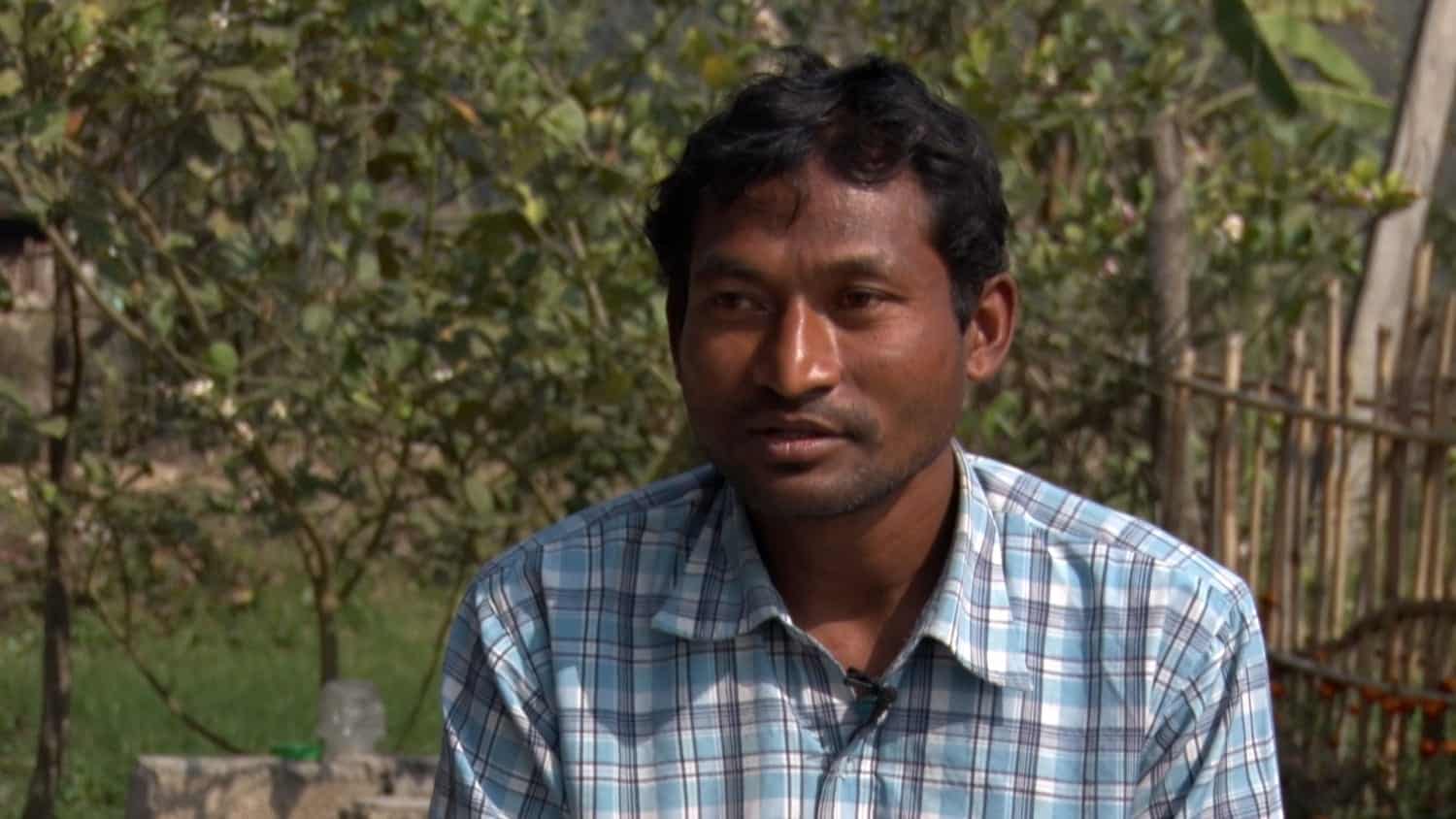
"We learned how to analyze the consequences of our behavior and how it will impact us. Now, even when I get angry, I remember the things that were discussed in the sessions and try to tame my temper."
The Change Starts at Home intervention was part of a randomized controlled trial (RCT) implemented by Emory University that focused on the impact of activities on IPV rates and norms at the community level. The results showed that Change Starts at Home increased women’s and men’s acceptability and practice of more gender-equitable relationships in their marriages, with reduced acceptability and perpetration of IPV and reduced alcohol use. A qualitative study showed that the program altered norms, especially among socially close relationships.
A quantitative study confirmed reduced IPV in the intervention communities with greater diffusion. This was accompanied by improved norms promoting gender equity, decreased acceptance of violence, and a higher likelihood of assisting a survivor in the past 12 months.
Additionally, EAI received a grant from the World Bank and Sexual Violence Research Initiative (SVRI) in 2018 to study the impact of norms diffusion. Evidence supporting the best strategies to measure and track norms change at the community level is nearly nonexistent. Most evidence is produced via laboratory experiments or game theory leaving IPV researchers without tools and processes to determine the impact and pathways to larger-scale norms change. The World Bank & SVRI-supported study will contribute to minimizing the gap in evidence on the diffusion of gender norms in low-income settings with the end-goal of preventing violence against women (VAW) more broadly.
Impact & Reach of this Project
93%
of couples completed the program.
550+
Married couples participated in this nine-month program.
90%+
Couples said that they noticed a positive change in themselves or in their relationship.
I know if it weren’t for my wife, then my home would have been destroyed. My wife endured everything in the hope that I would change and now we have a good relationship… I even tell my friends and neighbors about the good things I have learned from the radio program and the weekly sessions. Ashram
Change Starts at Home participant
Partner with Us
Enable EAI to scale our signature social behavior change methodologies to facilitate positive norms change in communities around the world.